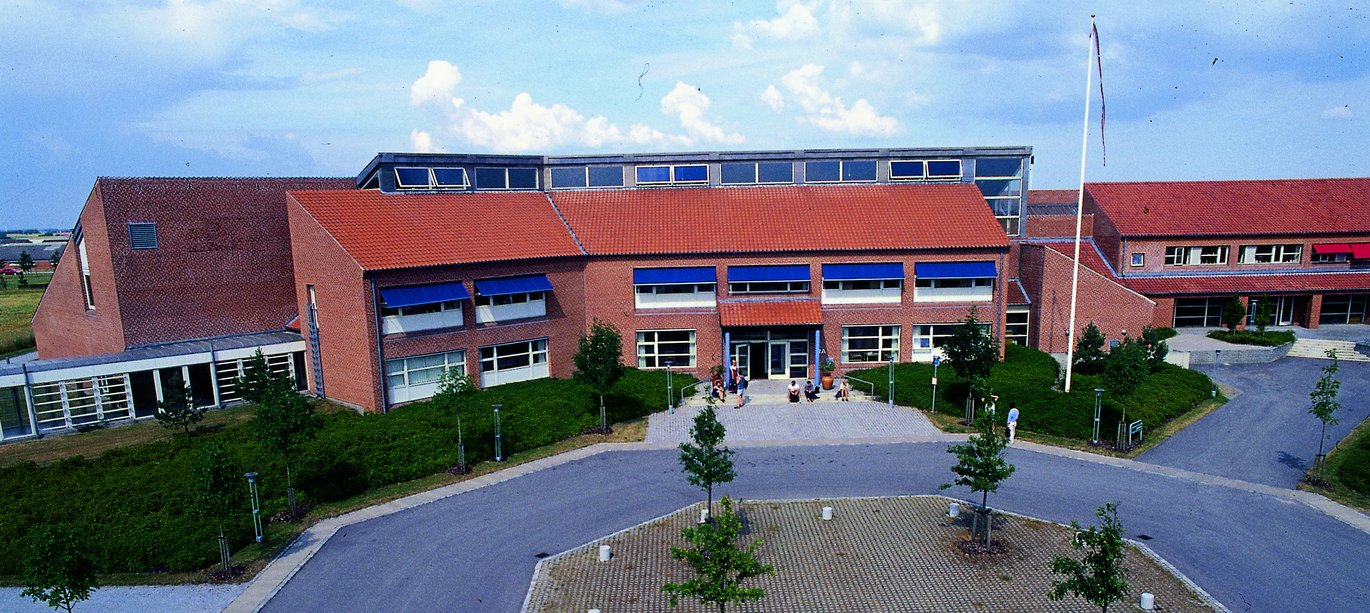Three animal welfare researchers from AU contribute to revision of EU’s animal welfare legislation
Three researchers from Department of Animal Science at Aarhus University are part of EFSA’s expert groups, and ensuring that the most recent research-based knowledge is available when the European animal welfare legislation is being revised in the years to come.

Research in animal welfare is one of the focus areas in Department of Animal Science at Aarhus University, Foulum. Therefore, it is not coincidental that three animal welfare researchers from the department have joined European Food Safety Authority, EFSA’s expert groups, in the preparation for the revision of the animal welfare legislation.
Animal welfare is an integrated part of EU’s new “Farm to fork (F2F)” strategy, the purpose of which is to make farming more sustainable. At present, a thorough assessment of existing knowledge on animal welfare is being conducted. This work is the first step in a revision of the EU’s present animal welfare legislation.
Three AU researchers are part of EFSA’s advising expert groups
In this context, EFSA has five so-called mandates, each covering central parts of EU’s animal welfare legislation:
- Keeping calves
- Keeping pigs
- Keeping laying hens
- Keeping broilersAnimal transport.
The latter is very comprehensive and has thus been divided into two subgroups: transport of poultry and rabbits (kept in crates while transported) and transport of un-crated animal species (horses, pigs, cattle, sheep and goats). From Department of Animal Science, Aarhus University, Margit Bak Jensen participates in the expert group focussing on calves, Anja Brinch Riber participates in the expert group focussing on broilers, and Mette S. Herskin leads the expert group focussing on transport of un-crated animals.
Since September 2020, Mette S. Herskin has been member of EFSA’s “Animal Health & Welfare” panel consisting of a group of independent scientific experts who are to provide scientific advice within all aspects of diseases and welfare within food-related animal production.
“Creating overview of the existing and especially new knowledge within these areas in order for decision-makers to more easily make use of this, is in my opinion very important. Therefore, I am really glad to have the opportunity to do this on a European level within the framework of EFSA – and especially within animal transport in which research has been limited so far but now is increasing,” says senior researcher Mette S. Herskin.
In November 2020, Anja Brinch Riber started working under the EFSA auspices. The work in the two expert groups in poultry (laying hens and broilers) runs parallel to a number of joint meetings.
“Implementing our research in laws and practice is the final aim for the applied research which we practice in our field of work: animal welfare. Therefore, when EFSA asked me to participate in the expert group for broilers, I was not in doubt. It also gives me a great opportunity to work with the most outstanding researchers within EU in this area, and I am pleased that they have decided on a close collaboration between the two task forces in poultry so that I also have the opportunity to give my inputs regarding laying hens. Broiler production is in rapid development in which new production systems and genotypes are developing, which is also why there is an obvious need for updating the legislation,” says senior researcher Anja Brinch Riber.
Since November 2020, Margit Bak Jensen has been part of the expert group working with calf welfare in EFSA.
“It is a fantastic task – being part of transforming research-based knowledge into recommendations on how to improve animal welfare. You can draw on very much new research-based knowledge. Especially in relation to early social contact and group housing of calves, which is one of the areas with the most focus regarding welfare in calves. It is also a very educative task because it focuses on which types of research that best form the basis of specific recommendations for welfare improvements,” says senior researcher Margit Bak Jensen.
Professor and head of section for Animal Welfare at Department of Animal Science, Jan Tind Sørensen, says the following about the welfare researchers’ task:
“EU has a detailed and thorough legislation within animal welfare. At the same time, EU focuses on the harmonisation and streamlining of the animal welfare control. The animal welfare researchers from Department of Animal Science participate in two out of three EU reference centres for animal welfare, focussing on poultry and pigs, respectively, and have thus insight in and influence on EU’s implementation of animal welfare legislation. EFSA’s expert groups within animal welfare play a central role for developing the EU legislation within animal welfare. The three welfare researchers’ l placement in EFSA’s expert groups gives insight in and influences the future framework conditions in livestock farming. At the same time, it is a big international acknowledgement of the three researchers’ scientific level.”
EFSA’s work with creating an overview of the knowledge on animal welfare must be finished in 2023.
| About EFSA |
The European Food Safety Authority (EFSA) provides independent scientific advice about existing and new risks related to the food chain. The advice contributes with knowledge, which may form the basis of the design of European legislation, rules and politics. EFSA’s area of responsibility includes:
|
